Today when we think of cinnamon we conjure images of sweets, warmth in the cold winter months, and prosperity spells. It is added to coffee, tea, chocolate, pastries for its flavor and simmer pots for its pleasant aroma. More precious than gold, Cinnamon has a rich history not only as a spice added to sweet treats, but also as a currency in the Dutch East India Company, an ingredient in Egyptian embalming and religious practices, and medieval European religious rites. Cinnamon has also been the cause of wars, invasions, and deaths because of its rarity and value to so many cultures worldwide. Let’s discover cinnamon magic properties, as well as its uses in ritual and medicine.
What is Cinnamon?
Cinnamon, Cinnamomum zeylanicum, comes from the bark of an evergreen laurel tree native to Sri Lanka, the Malabar Coast of India, and Burma. It is also cultivated in South America and the West Indies. The bark is a deep brown color and the flavor of cinnamon is warm and sweet. I find the connection between cinnamon and bay laurel to be astounding. Both herbs have been used for centuries, are native to similar climates, come from the same family of tree, and have been used in everything from food to liquor, to medicines and beyond. It was first used in ancient times as a meet preservative but its uses expanded as humanity expanded.
Ancient Egyptians used a mixture of cinnamon and myrrh for embalming. It is thought that cinnamon may have been added to this process due to its antibacterial properties. However, it is likely that Egyptians used a different form of cinnamon known as true cinnamon, or cassia. Cassia comes from an evergreen tree that is native to China and is also known as Chinese cinnamon. Though it may have been from a different source, Cassia and Cinnamomum zeylanicum are two varieties of the same spice. Today, the cinnamon that is used most often is Cassia rather than Cinnamomum zeylanicum.
Traveling further through history, cinnamon was used in mass quantities by the Roman empire to scent perfumes and flavor wines. It wasn’t until medieval times that cinnamon was imported as a favorite cooking spice for its flavor, digestive, aphrodisiac, and ability to provide relief to anyone suffering from a sore throat or cough. In the 16th century, the Portuguese claimed discovery of cinnamon and brutally controlled its trade. So much so that they ended up going to war with the Dutch. In the end, Holland gained control of the cinnamon trade in the mid-17th century.
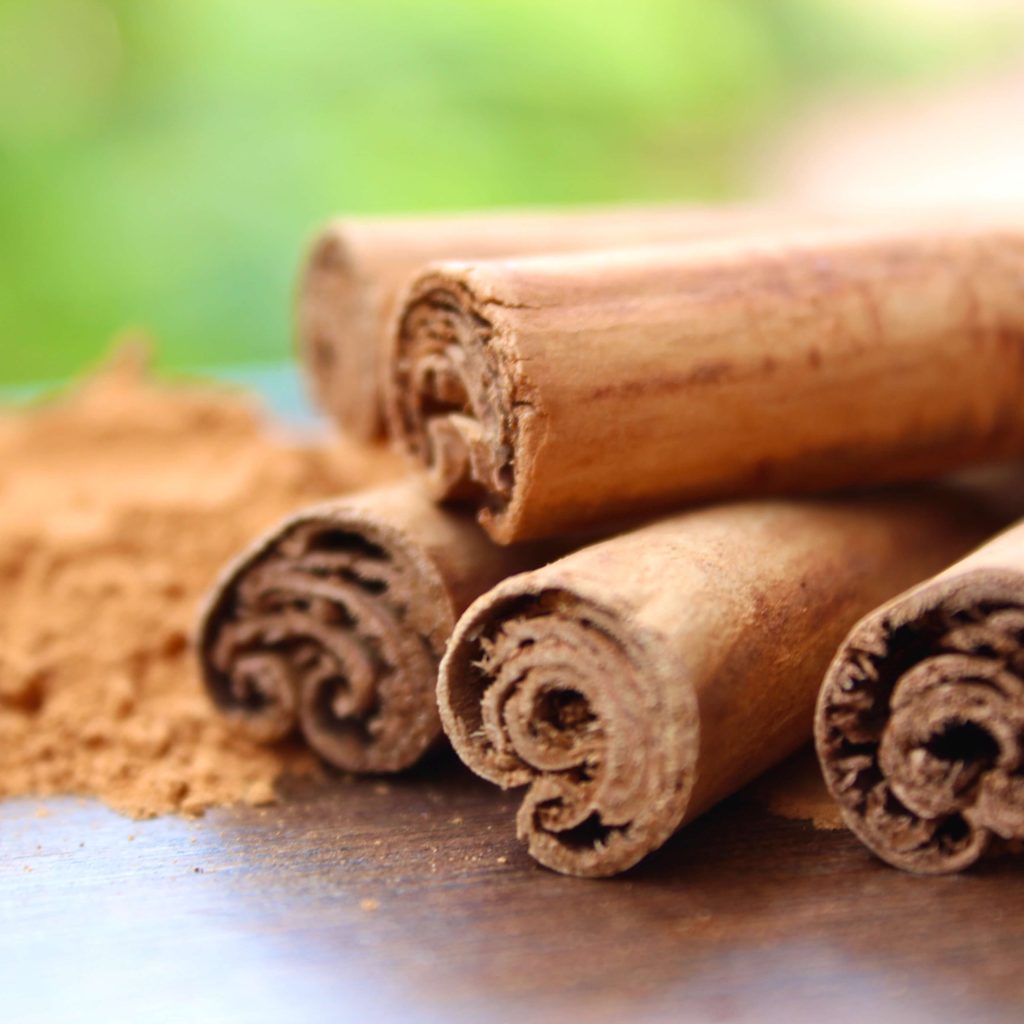
The Mythology of the Cinnamon Tree
The Arabian people constructed a mythological bird known as the cinnamon bird to throw off others who coveted the spice from coming after it. As the story goes, the cinnamon bird lived in the cinnamon trees which only grew on sharp cliff faces. In order to gather cinnamon, the Arabian people claimed they had to slaughter livestock and chop it into larger pieces on the top of the cliff. Cinnamon birds would fly up and take the chunks of meat back to their nests which would be so heavy they would break the branches of the tree off for collection. This bird is spoken about in ancient bestiaries though the modern consensus is that this mythical creature and its story were used to ward off cinnamon competitors.
In the mythology of the Phoenix, it is said that cinnamon is one of the ingredients of the birds’ nest or of the magical fire which it uses to regenerate itself. This mythos stems from ancient Greece. In ancient Egypt, cinnamon was considered a gift from the gods. As such, it was deemed a suitable gift for pharaohs which carried over to monarchs in other cultures.
Cinnamon Magic Properties and Associations
Cinnamon is versatile in cinnamon’s magic properties probably even more so than its cuisine use. It can be used for protection, divination, prosperity, love, fertility, success, and more! Cinnamon can be used in a wide variety of forms too such as essential oils, liquids, incenses, powders, and whole.
- Name: Cinnamomum zeylanicum, Cassia
- Parts Used: cinnamon comes from bark but the oils can also be extracted from the leaves
- Uses: Magical and medicinal
- Folk Names: Sweet wood, Ceylon
- Planet: Mars, Jupiter, Sun, sometimes associated with Mercury due to divinatory properties
- Energy: Masculine
- Chakra: Solar Plexus and Sacral
- Day of the Week: Thursday, Friday, Sunday
- Element: Fire
- Deities: Aphrodite, Dionysus, Venus, Eris, Hermes, Jupiter, Zeus, Ra, Apollo, Lugh, Sol, etc. Any God/Goddess associated with love, luck, the sun, success, etc.
- Cinnamon Magical Properties: Love and lust, protection, abundance, prosperity, healing, attraction/drawing, cleansing, luck, gambling, business success
- Cinnamon Symbolic Meaning: Not so much today but in ancient times, being in possession of cinnamon denoted great wealth and power. Pliny the Elder wrote that in the Middle Ages, 350 grams of cinnamon was worth 5,000 grams of silver. To give a visceral image, Nero the Roman Emperor, is said to have burned a years supply of cinnamon at his wife’s funeral due to his massive guilt surrounding his contribution to her death.
- Safety Concerns: Used over long periods of time, cinnamon can cause gastrointestinal problems or allergic reactions. Some cassia cinnamon contains high levels of a chemical called coumarin. Long term exposure to coumarin is ill advised for those with liver issues. It is also unknown whether cinnamon is completely safe to those who are pregnant or breastfeeding.
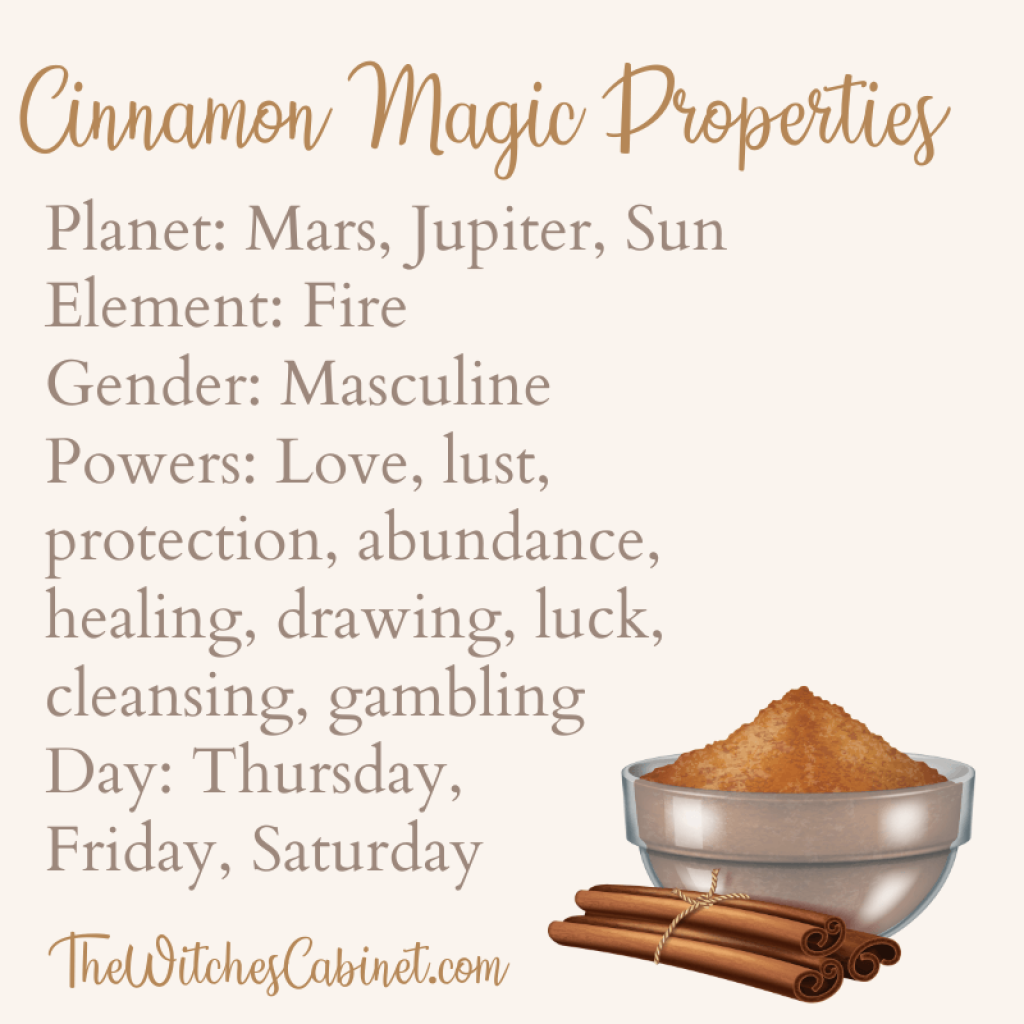
Ways to Use Cinnamon in Your Magical Practice
We’ve briefly touched on cinnamon magic propeties, but how can we use them in our everyday magical practices?
1. Burning Cinnamon in Business Spaces
Burning cinnamon incense sticks or in an incense mix in business space, especially retail, is a great way to entice the subconsciousness of customers to make purchases. This is because of the attraction elements of cinnamon.
2. Monthly Doorway Cinnamon Wash
Create a magical wash with cinnamon by diffusion in hot water. Add other cleansing herbs as you like and then wash your front door frame as well as the immediate front step both inside and outside the home. This not only cleanses the space but also invites prosperity and abundance into the home each month.
3. Business Cinnamon Wash
If you have a brick-and-mortar location, or even if you work from home where clients visit, create a cinnamon wash to place on the sidewalk weekly. Some recipes for this wash include ingredients such as ammonia, urine, sugar, and Chinese wash to clear negative energy and attract clients and customers. This is especially useful if the business is brand new and your client base is just beginning.
4. Money-Drawing Mojo
Add 3 cinnamon sticks dressing in fast luck oil to a green bag with a whole nutmeg dressed in money-drawing oil. Add additional money and luck herbs to the bag keeping with the number 3. Carry the bag in your purse or on your person away from prying eyes.
5. Place a Piece of Cinnamon in Your Wallet
Placing cinnamon chips or bark in your wallet helps to attract money to you. To ensure this further, petition Jupiter to bless the cinnamon before tucking it away.
6. Healing Mojo
Place cinnamon chips or bark in a green mojo bag with other healing herbs. Feed the bag with healing oil and keep on your person to invite fast healing.
7. New House Magic
If you’ve just bought a new home or moved into a new rental, it’s a great idea to place cinnamon under your outdoor mat for protection and good luck for the home and all that enter into your space.
8. Increase Psychic Ability
Create a mixture of 1:4 ground cinnamon and lavender essential oil. Burn on charcoal to induce psychic visions and divinatory abilities. Cinnamon is one of the main ingredients in Abramelin Oil, a Jewish mysticism oil that is used to increase divination ability and help the practitioner gain more wisdom and knowledge.
9. Simmer Pot
Cinnamon’s aroma is uplifting and relaxing. Add cinnamon sticks to a pot of boiling water that contains lemon, orange, and/or apple slices as well as some star anise for an inviting and invigorating aromatic environment. This is the perfect way to celebrate the Autumn Equinox.
10. To Heat Up a Love Affair
Cinnamon is a widely known aphrodisiac. It can be added to oils, powders, incenses, mojo bags, sweet jars, candle spells, and meals to intensify passion and lust in love. To intensify its effects, use other sweet-hot herbs like ginger and juniper berries.
11. Anointing Oil
Cinnamon oil has been used for centuries as a holy anointing oil. Mix cinnamon essential oil with a carrier oil and use it before rituals in your practice.
12. Ancestral Practice and Offering
As a warming, comforting aroma, cinnamon can help establish a connection between the practitioner and their ancestors to connect with their wisdom and guidance. This should only be utilised once your ancestral practice has been firmly established.
13. Kitchen Witchery
Using cinnamon in pastries, desserts, teas, and coffees not only warm the body, but they also warm the soul. Cinnamon can induce a sense of comfort, relief, gratitude, and relaxation when added to culinary delights.
14. Cinnamon Broom
Cinnamon brooms are used by magical folk to sweep the negativity from spaces and invited prosperity and abundance. Miniature cinnamon brooms can also be placed above the front door or used on altar spaces for the same purposes.
15. Cinnamon Spell First of the Month
The easiest way to use cinnamon to draw prosperity into the home is to simply open the front door on the first day of the month and BLOW cinnamon inside! Check out the details in our full tutorial here.
More Magical Spices:
- Nutmeg Magical Properties and Witchy Uses
- Clove Magical Properties, Medicinal Properties, and Witchy Uses
- Garlic Magical Properties and Uses in Magick, Food, Etc.
- Thyme Magical Properties, Witchy Uses and Health Benefits
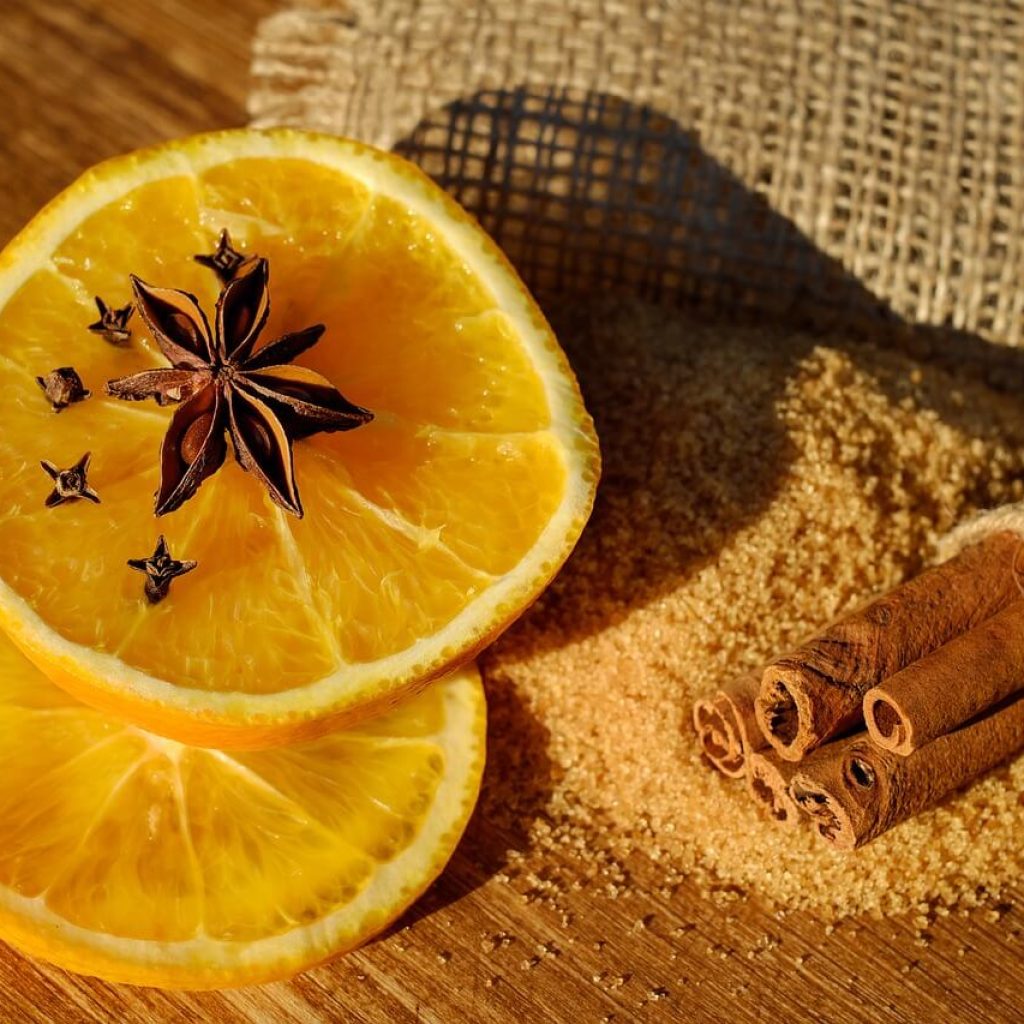
Health Benefits of Cinnamon: Immune Support, Lower Blood Sugar, Neurological Therapies, Heart Health, Anticancer, and more!
Cinnamon has a variety of medicinal properties and has been applied as a medicinal aid throughout human history. As always, be sure to check with your medical doctor and a certified herbalist prior to use to ensure there are no contraindications to you personally.
Immune Support: Cinnamon is high in antioxidants. Antioxidants are the protectors of health and vitality. Ingesting cinnamon is a good way to boost your immune system and stave off illness.
Neurologic: There has been some evidence that the chemicals in cinnamon can enhance neurobehavioral results. It’s aroma helps to ease anxiety and depression. It also contains proteins that provide protection to brain cells and has shown promise in being added as a therapeutic aid to those suffering from Parkinson’s and Alzheimer’s.
Insulin and Blood Sugar: Cinnamon may be a natural therapy suitable for those with diabetes. It has shown in studies to lower blood sugar and increase insulin production.
Heart Health: Not only does cinnamon contain chemicals that have shown a protective aspect to cardio cells, it is also a hypotensive showing lower blood pressures.
Coagulant: Cinnamon is a coagulant and therefore can help stop bleeding/prevent bleeding. If you are on blood thinners it may be especially helpful to carry cinnamon powder with you in case of cuts.
Anti-Inflammatory: Used as a topical ointment, bay laurel can quickly reduce inflammation and pain. This is especially helpful to those with joint injuries, stiffness, and those with arthritis.
Colon Cancer: Cinnamon shows properties that can improve the health of the colon and reduce the risk of colon cancer.
Dental: Cinnamon can aid in the removal of bad breath. It has also been used to as a powder on the toothbrush to clean it or to use as a protective substance for teeth.
Sources
- Hoodoo Herb and Root Magic: A Materia Magica of African-American Conjure and Traditional Formulary Giving the Spiritual Uses of Natural Herbs, Roots, Minerals and Zoological Curios by Catherin Yronwode
- Encyclopedia of Magical Herbs by Scott Cunningham
- Blackthorn’s Botanical Magic: The Green Witch’s guide to essential oils for spellcraft, ritual, and healing
- Spices: Exotic Flavors and Medicines University of California Los Angeles
- Cinnamon Britannica
- Cinnamon: A Multifaceted Medicinal Plant by National Library of Medicine
- Myths and Legenda About Herbs and Spices by Belle Awen
- The Magickal Aspects of Cinnamon and Cassia by Leandra
Meet Resident Writer: Allorah Rayne

Allorah Rayne is a practitioner of witchcraft and has been part of the online spiritual community since 2012. She is a Virgo sun, Pisces moon, and Leo rising. Her introduction to tarot was at the age of nine and she pursued more intensive learning at fifteen. Allorah is the founder of The Wayfaring Witch © where she offers soul origin profiles, tarot and oracle card readings, and individualized mentorships in the ways of the witch. She is also the co-founder alongside Kitty of Burning Hallows Productions which produces The Otherworldly Oracle Official Podcast and Mimir’s Well podcast. You can contact Allorah at the following social media sites Facebook, Instagram, TikTok, Pinterest, on The Wayfaring Witch © website via live chat, or by e-mail at allorahrayne@gmail.com. Read Allorah’s last article for the Witches Cabinet on the magic of Bay Leaves.

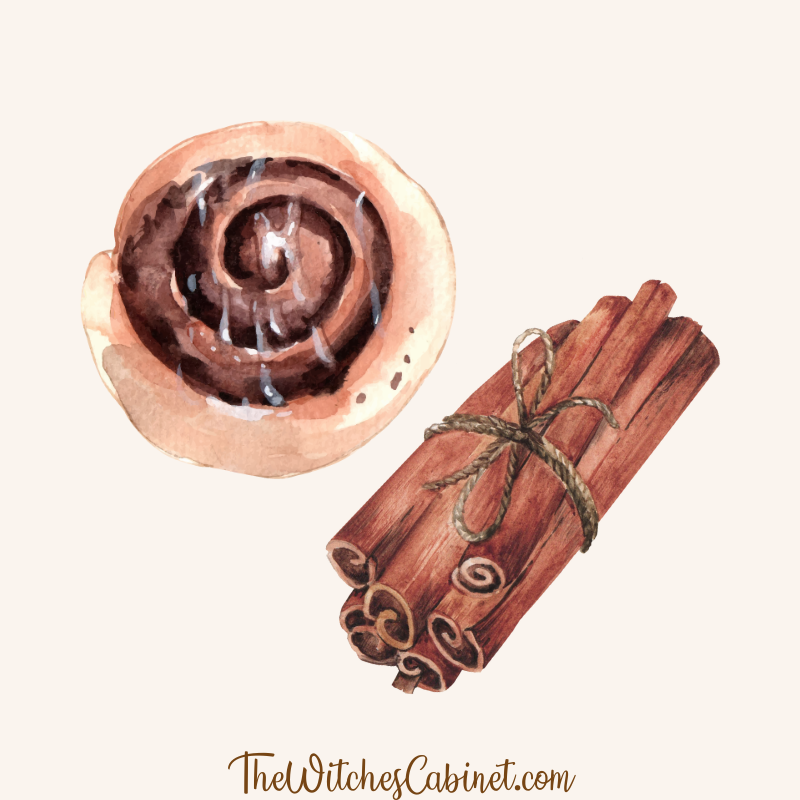

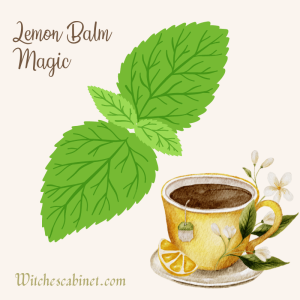
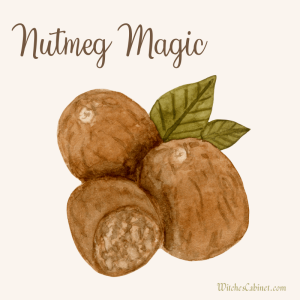
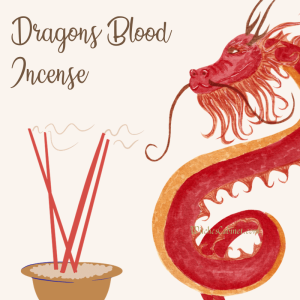
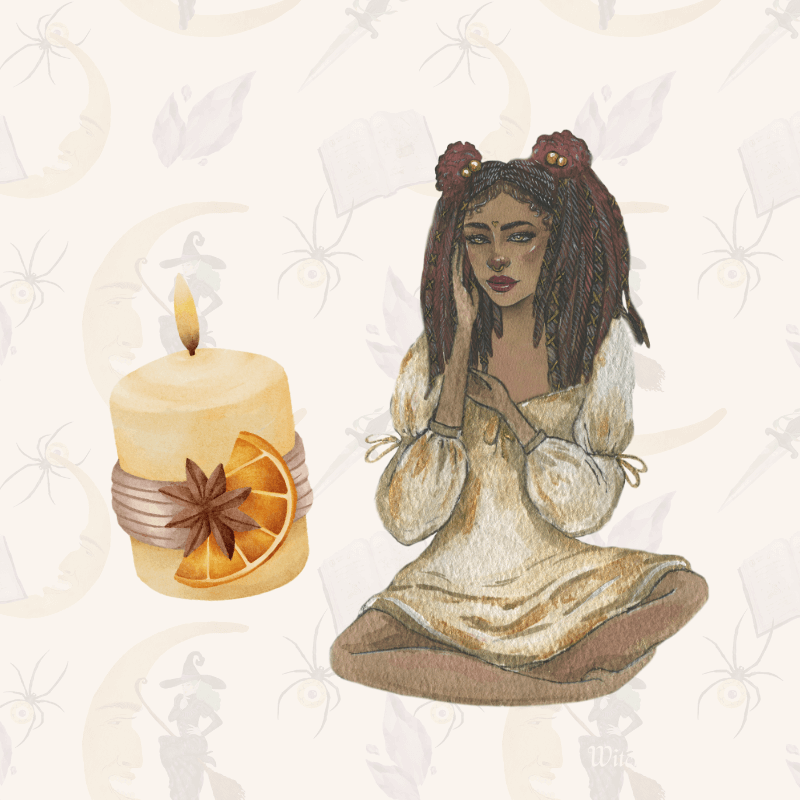

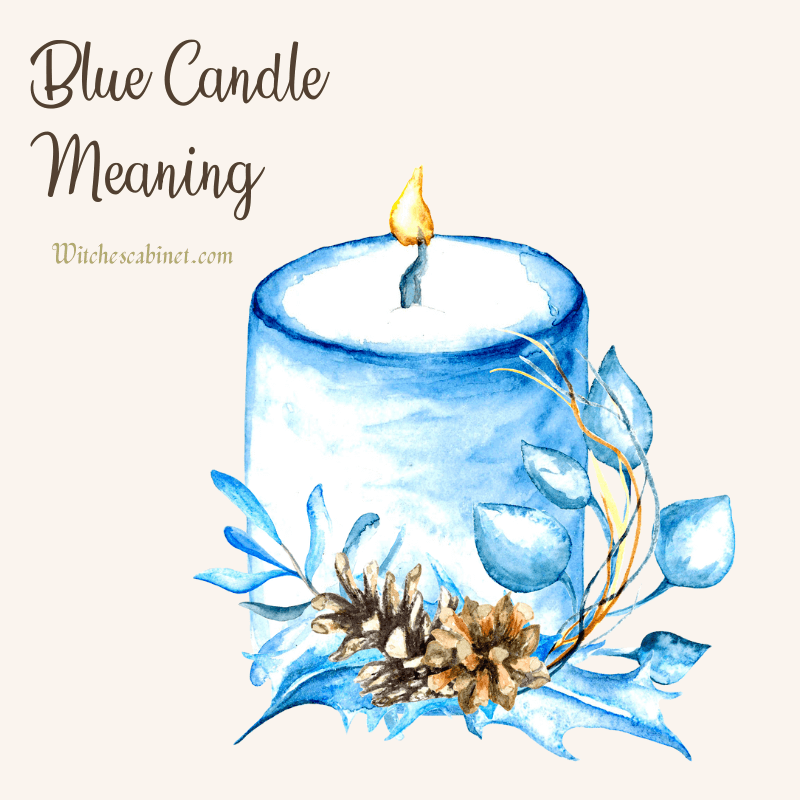
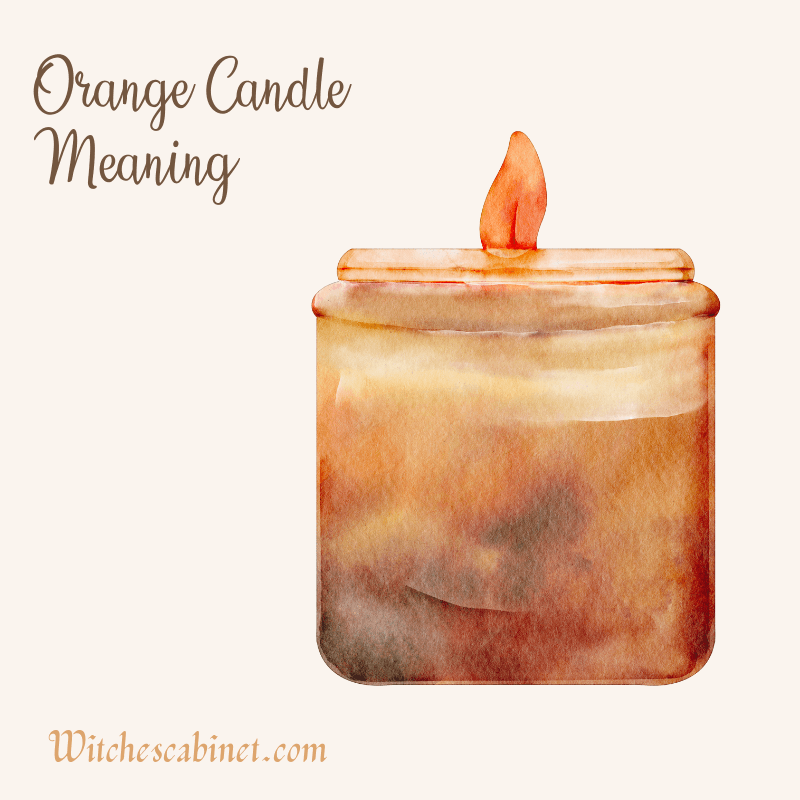
11 thoughts on “Cinnamon Magic Properties, Ritual, and Medicinal Uses”